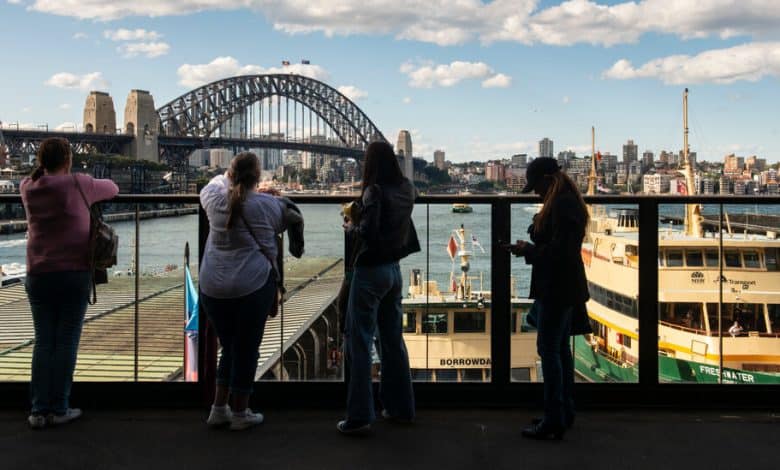Happy-Go-Lucky Australia Is Feeling Neither Happy, Nor Lucky

For nearly three decades, Australia seemed to have a sort of get-out-of-jail card that allowed it to glide through the dot-com bust and the global financial crisis without a recession, while its citizens mostly enjoyed high wages, affordable housing and golden prospects.
When a recession did arrive, in 2020, it was because of the Covid-19 pandemic.
But four years later, Australia has been unable to shake off some of the headwinds, including a high cost of living — the price of bread has risen 24 percent since 2021 — a choppy labor market and rising inequality. While these and similar issues are also troubling nations like Britain and the United States, they are particularly stinging to many in Australia, which has long seen itself as the “lucky country.”
Australia is among the wealthiest, most resource-rich and stable countries in the world. But millions of residents are experiencing levels of hardship not seen in many decades. They say they are struggling to put food on the table, pay for housing and health care and cover their utility bills. And many young Australians are confronting a reality that their ancestors never had to: that they will be worse off than their parents or grandparents.
Robyn Northam, 28, once dreamed of becoming a hairdresser. But rising rent and exorbitant child care costs for her two children have put training out of reach. Just two generations ago, she said, her grandmother raised a family in her own home as a single parent, while working part-time as a nurse.
“If you’re an average Australian, that’s virtually impossible,” said Ms. Northam, a content creator in Cairns who, with her partner, pays 600 Australian dollars, or about $400, a week in rent. “It’s a totally different world now.”